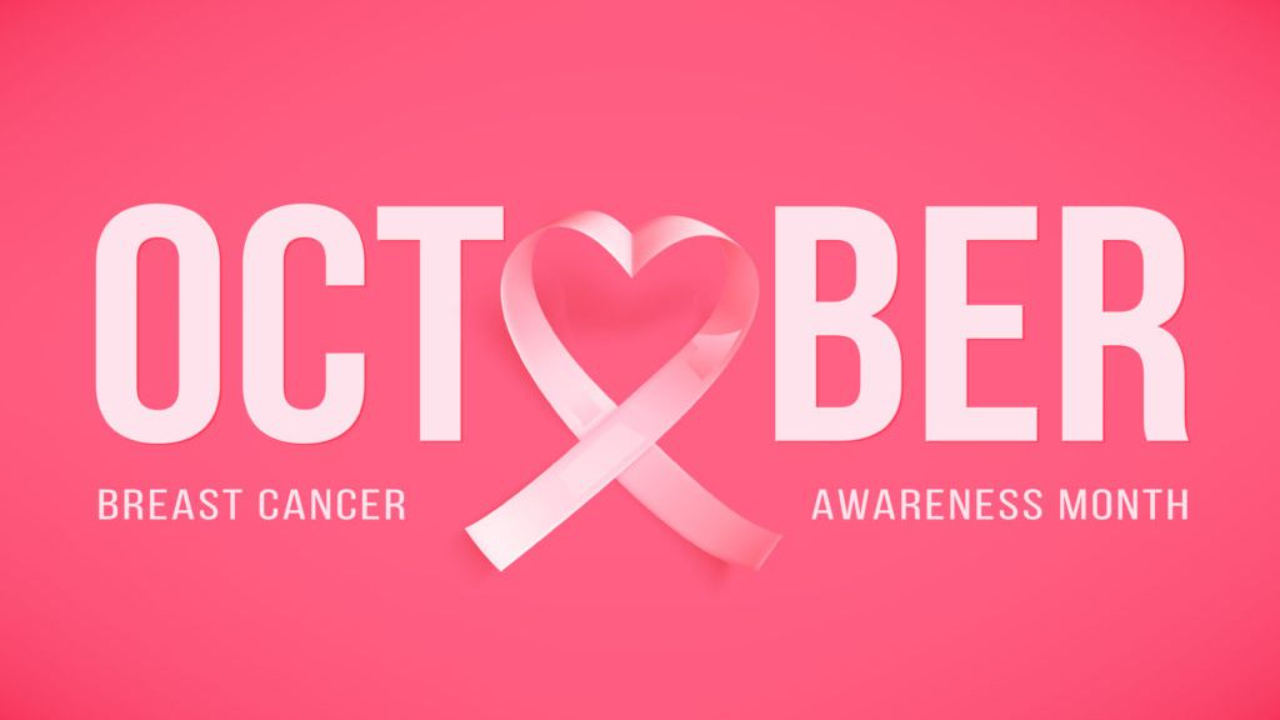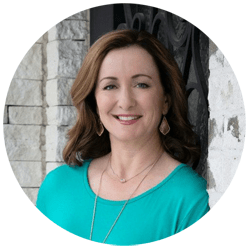
Functional Medicine and the Prevention of Breast Cancer
Oct 01, 2021By Jennifer Engels, MD
October is Breast Cancer Awareness month, making this a fitting time to consider this disease and Functional Medicine’s approach in dealing with it, especially steps that can be taken to try to prevent the onset of breast cancer.
But first, some sobering statistics from the American Cancer Society.
- Females have a 1 in 8 chance of developing breast cancer, up from 1 in 20 in the 1960s.
- More women are diagnosed with breast cancer than any other type of cancer except skin cancer.
- Over 280,000 cases of invasive breast cancer will be diagnosed in women in 2021.
- About 43,600 women will die of breast cancer in the U.S. during the year.
- On a positive note, currently there are 3.8 million breast cancer survivors in the U.S., including both women still undergoing treatment and those who have completed treatment.
It should be noted that men can also develop breast cancer, and approximately 2,650 males will receive a diagnosis of the disease in 2021. The focus of this article, however, is on breast cancer in women.
Genetics and Breast Cancer
While only about 15% of women diagnosed with breast cancer have a family member who has it, there is still a relevant genetic factor to breast cancer.
The most common genetic risks for breast cancer are mutations of the BRCA1 and BRCA2 genes. Statistically, women with the BRCA1 mutation have a 55-65% risk of developing breast cancer, while for women with the BRCA2 mutation the risk is 45%.
Estrogen and Breast Cancer
Beyond genetics, another risk factor all women share in common is estrogen, a hormone that’s essential for many roles in the human body. These range from fertility, regulating blood sugar, proper immune function, maintaining healthy bones and cardiovascular health. On the other hand, having too much estrogen – a condition referred to as estrogen dominance – has been shown to increase the risk of breast cancer. And how well a woman’s body metabolizes and eliminates estrogen can be a crucial factor not only for breast cancer but other reproductive cancers as well.
I don’t want to lose or confuse you with too many scientific details, but estrogen metabolism in the liver – a process referred to as detoxification – produces what are called metabolites, and these include 2-, 4- and 16-OH-E. Of these, 2-OH-E is considered a low risk, while 4-OH-E suggests a high risk of breast cancer.
We all have different ratios of these metabolites. The encouraging thing is that once we know how our body detoxifies estrogen and what metabolites we tend to produce more of, we know which pathways need more support. Through Functional Medicine saliva and urine testing, we’re able to determine a patient’s hormone metabolism pathways, and with this knowledge, we can optimize their detoxification pathways. We accomplish this by modifying their diet, increasing certain nutrients, decreasing stress levels, optimizing sleep, and using supplements when needed.
Breast Cancer Screening
Screening is one of the most widespread forms of breast cancer prevention, and the Centers for Disease Control and Prevention make these recommendations.
- Women 40-44 should begin having an annual mammogram, if they choose to do so.
- Women 45-54 should get an annual mammogram.
- Women 55 and older can switch to a mammogram every two years or continue yearly screening if they prefer.
In addition to an annual or biannual mammogram, some women, because of their family history, a genetic tendency or other factors, should be screened with MRIs, along with mammograms.
Finally, women should perform frequent self-examinations to assess the feel, appearance and overall condition of the breasts to detect any irregularities that might be a warning sign of cancer.
Functional Medicine and Breast Cancer Prevention
In confronting breast cancer, Functional Medicine seeks to concentrate on the root causes of breast cancer and optimize women’s health in an effort to prevent the disease, if a woman is at risk, or prevent a recurrence if they’ve been treated.
In reality, there are many things a woman can do between her annual checkup and screening to minimize the onset or recurrence of breast cancer.
- Watch your fiber consumption. You should consume about 35 grams of fiber per day, and fiber rich foods include vegetables, fruits, beans, nuts and whole grains. If you’re not getting your full quota through food, consider a fiber supplement. Chia seeds, flax seeds or wheat germ mixed with your cereal, oatmeal, smoothie or salad are excellent fiber-rich supplements.
- Get your proteins. You should have protein at every meal. Good sources include lean chicken, fish, beans, nuts, eggs and soy.
- Control your stress. Many studies connect stress levels with an increased risk of breast cancer. Whatever you choose to do – yoga, meditation, soothing music, deep breathing – find something that works for you and keep doing it.
- Be mindful of your gut health. Cancer researchers at the Cleveland Clinic have found that gut microflora (the bacteria and other organisms that live in the intestines) influences cancer genes and your immune system. Take care of this part of your anatomy with fiber, fermented foods and probiotics. If you’re having gut issues, work with a functional practitioner to correct the problem.
- Avoid tobacco. If you don’t smoke, please don’t start, and if you are a smoker, we urge you to stop. Smoking is linked to a higher risk of breast cancer in younger women, and research has shown there may be a link between heavy exposure to second-and smoke and breast cancer in postmenopausal women. Smoking can also increase complications from breast cancer treatment, including healing after surgery and breast reconstruction.
- Get your exercise. Studies have shown that regular exercise, more than weight loss, is good for your health and can reduce the risk of breast cancer. Aim for 150 minutes of moderately rigorous exercise at last five days a week. That’s about 30 minutes a day, and it does not all have to be done at one time. Break it up into shorter segments if you need to.
- Limit alcohol consumption. Alcohol interferes with the liver’s ability to metabolize estrogen, and one daily glass of wine can increase your risk of breast cancer by as much as 40%. If you like an occasional glass of wine, try to limit it to one glass, no more than three times a week.
- Get enough sleep. You should get 7-8 hours of good restful sleep each night, and to do that, try to go to bed and get up at the same times every day, even on the weekends.
For those who have already undergone breast cancer treatment or are currently being treated, the Ketogenic diet can be quite helpful. By limiting glucose intake, the cancer cells are “starved” and won’t thrive as well as they would in a glucose-rich environment. Fasting before and after chemotherapy treatments can also help decrease the toxic side-effects.
Beyond the self-help measures discussed above, we invite you to contact us at We Care Frisco for your initial breast cancer prevention consultation. There is no one thing that prevents breast cancer, but early diagnostic screening, nutrition and lifestyle can all play important roles in its prevention. At our clinic we’ll perform any needed diagnostic testing and work with you to establish a program of health coaching and nutrition to minimize your risk and track your progress.



